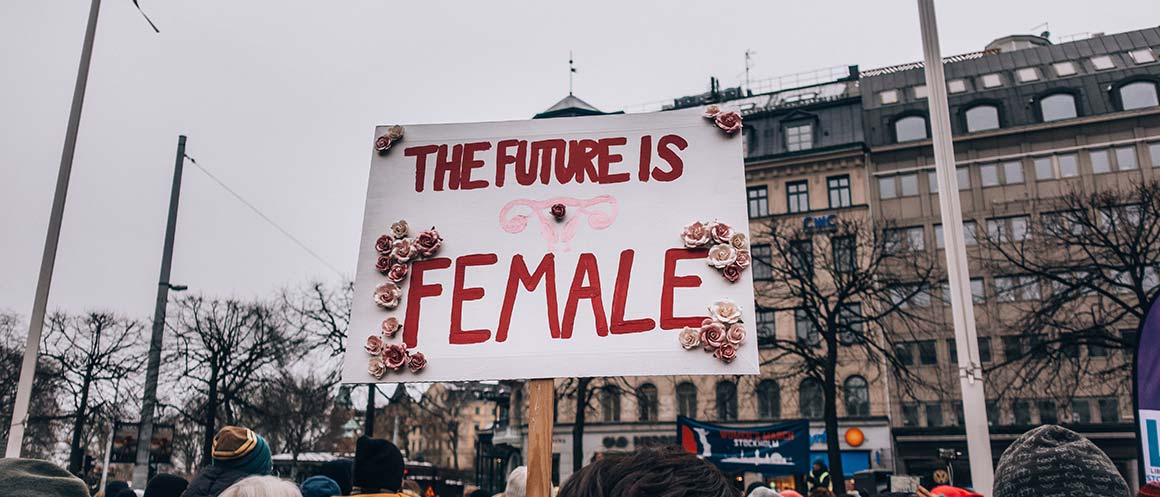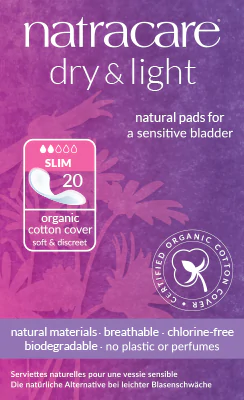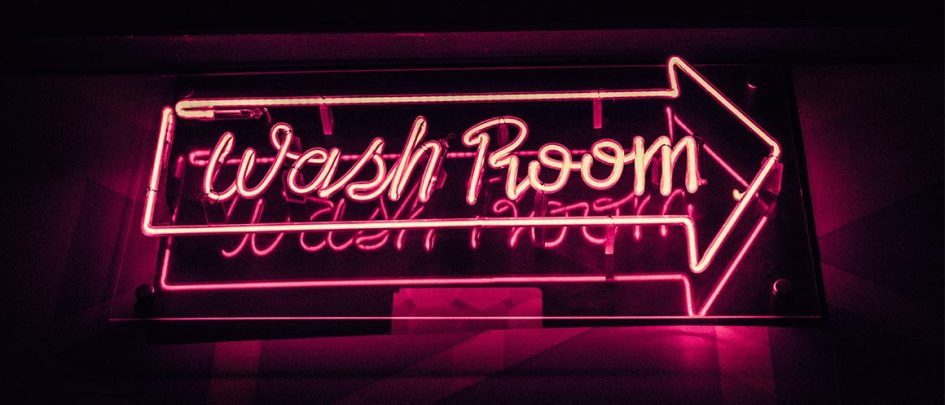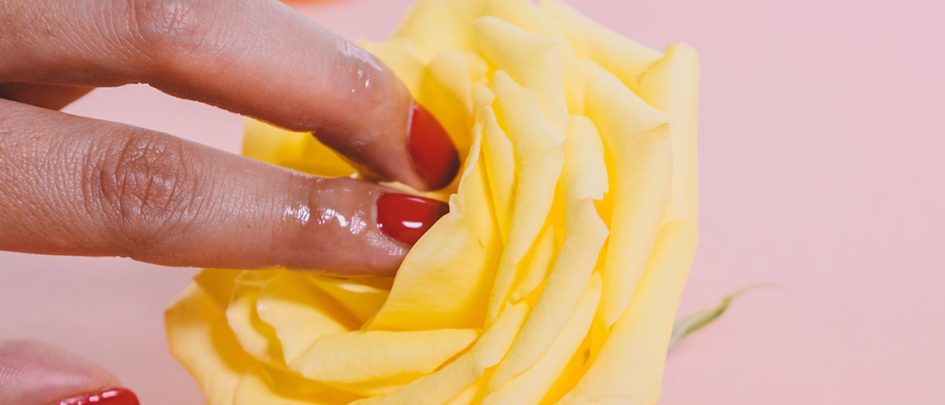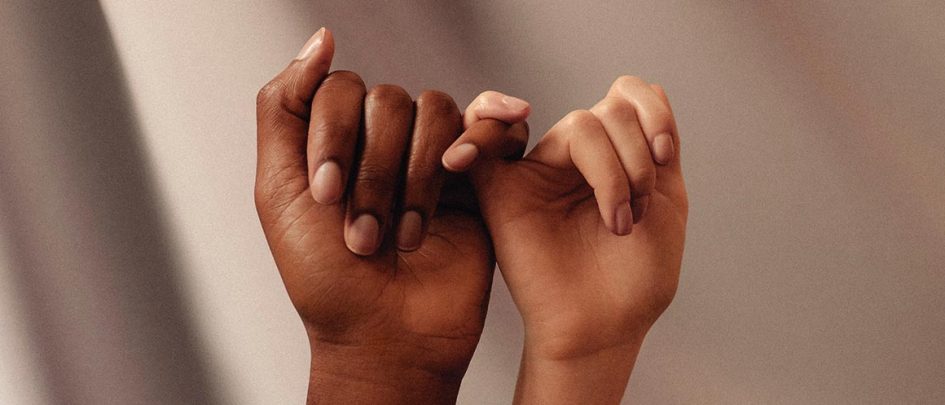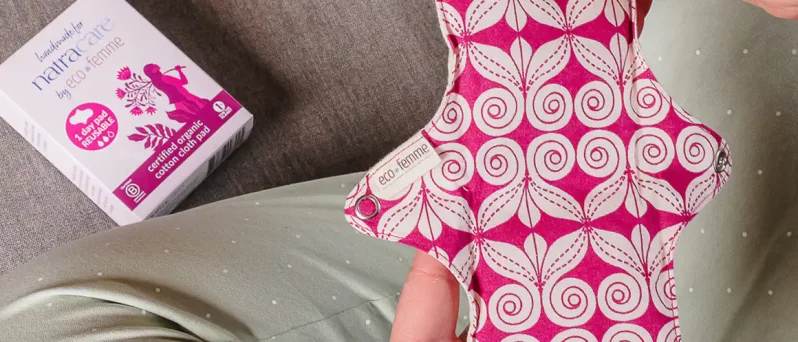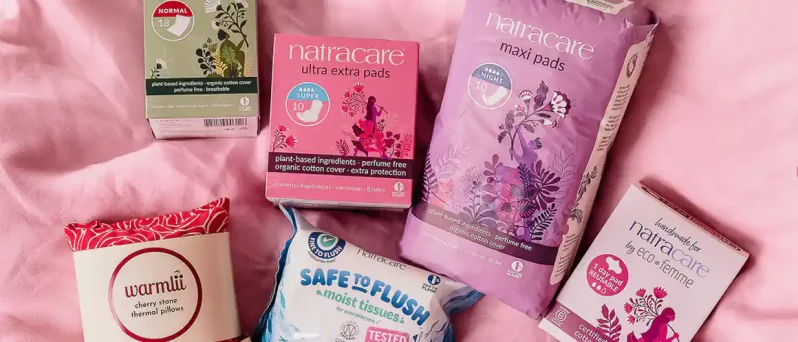Taboos have existed in every culture throughout history. Some cultural taboos exist for good reason – shame perpetrated around certain things, like murder and sexual assault, keeps citizens safe and in line. But at Natracare, we believe that when a taboo is formed over something that people have no control over, like light bladder leakage or having a period, there is no excuse.
Why do period taboos exist?
Good question! Periods have, of course, been around for as long as humans have; half of the population has them; and we’re not even the only species to menstruate – nearly all mammals do!
But most cultures around the globe have some form of stigma attached to women’s monthly menstruation, and this is often linked to misogyny within the culture.
- In Barbados, women are shamed for being promiscuous or not virgin-like for wearing tampons.
- Japanese tradition says that women cannot be sushi chefs because menstruation throws off their sense of taste.
- People in the UK often hide tampons up their sleeves at school and work to go to the toilet to avoid the shame of their colleagues knowing they’re on their period.
- In some Islamic cultures, women are forbidden to pray, fast or go to the mosque during their period because they are considered not to be clean or pure.
- For German people, it’s said that openly passing a tampon to your friend in public is just as taboo as passing them drugs.
- In Nepal, until very recently, it was legal to banish women to huts in isolation, often without food, water or windows while they menstruate, as part of a tradition called Chaupadi.
Even though there is still a long way to go, times are definitely changing and globally, there are positive and empowering conversations about menstruation happening.
Breaking down period taboos
From creating barriers to employment or education, to making us feel ashamed about our bodies, we’ve had enough of the stigma around our periods. Luckily, there are some amazing people across the world who are dedicated to smashing the taboo.
- Japanese women have slowly started to break into the world of making sushi – traditionally a very male dominated space.
- People are demanding tax-free period products and an end to period poverty in the UK. Some even free bled as a protest at the Houses of Parliament.
- Charities like Bloody Good Period, the Red Box Project and ActionAid are fighting to end period poverty for good.
- Many people in their everyday lives fight the stigma around periods to help build a better future for young girls. Kiran Ghandi ran the London marathon while free bleeding.
- Activists like Ella Daish and charities like City to Sea are saving the planet and challenging period stigma at the same time by fighting for access to plastic free periods for all.
Incontinence taboos
We learn at an early age how to control our bladder when we are potty trained. And if we’re lucky, we continue into adult life, able to avoid leaking in public.
But it’s not as simple as that for everybody; 32% of women experience incontinence at some stage of their lives. Incontinence is often considered a ‘woman’s issue’ because it’s more likely to occur after giving birth, or after the menopause begins – but women aren’t alone in this. 13% of men experience incontinence, too. Despite how common it is, there’s still a lot of shame surrounding incontinence because people feel too embarrassed to talk about it!
Lack of bladder control is associated with very young children or infirm adults. These negative associations can cause younger women to struggle in silence, avoiding seeking professional help or confiding in loved ones. The shame caused by incontinence can also lead to deeper problems such as social exclusion and depression. But the saving grace here is that incontinence is very curable – so long as we are willing to talk about it! In fact, across several studies, up to 85% of women have been cured of stress incontinence through pelvic floor muscle training, which is why it’s important for us to tackle the stigma and talk about incontinence.
Taking ownership of our bodies and seeking help is the best way for us to feel empowered and cure incontinence.
Tackling the incontinence taboo
The only way to tackle the taboo around incontinence is to talk about it so that people know that they’re not alone and they feel empowered to seek help.
The more voices there are discussing their experiences with incontinence, the more people will feel liberated from shame and able to face their own experiences head on. Elaine Miller is a pelvic floor physiotherapist and stand-up comedian using humour and education to break the stigma around incontinence. She has an Edinburgh Fringe show rated 5* that tackles the topic of incontinence, find her there this August.
Initiatives like World Continence Week are also working to open up the discussion around incontinence.
Have you experienced these taboos, or others, in your everyday life? Let us know in the comments!
